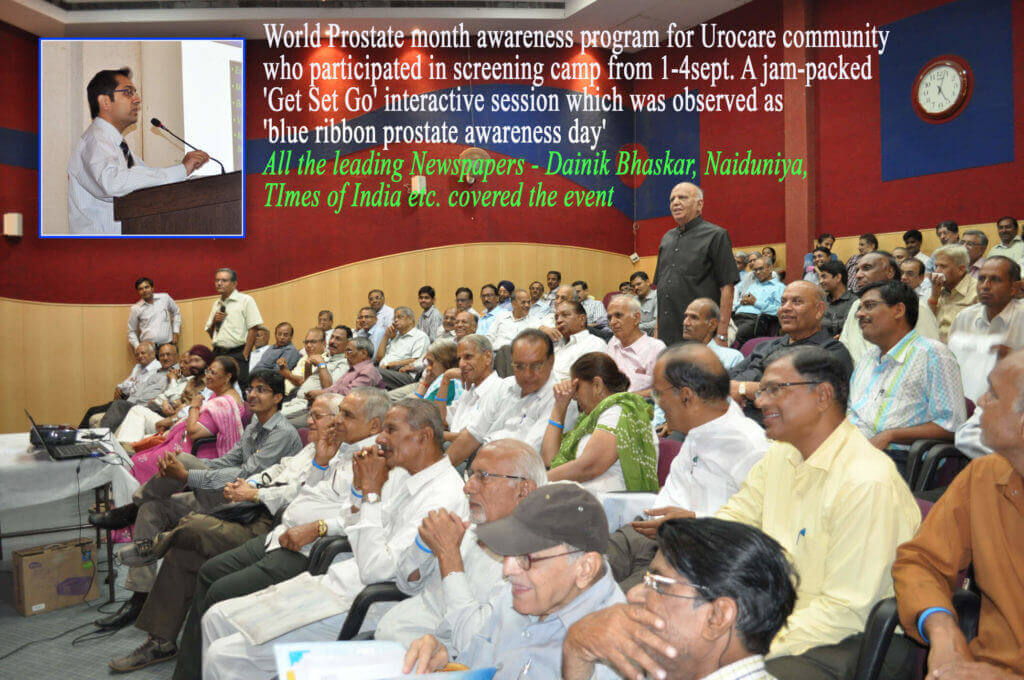Urinary Cancer Screening
» Prostate cancer has been the most common noncutaneous malignancy in U.S. men since 1984, now accounting for one quarter of all such cancers (American Cancer Society, 2008). The estimated lifetime risk of disease is 16.72%, with a lifetime risk of death at 2.57%.
» Prostate cancer is rarely diagnosed in men younger than 50 years old, accounting for only 2% of all cases.
» The median age at diagnosis is 68 years, with 63% diagnosed after age 65
» Since the introduction of PSA testing, the incidence of early (local-regional) disease has increased, whereas the incidence of metastatic disease has decreased.
» Obesity: High level of Oestrogen, Insulin like Growth factor.
increased relative risk of 1.07 for each unit of rising body mass index
»Smoking is recognized as an causative factor for urinary cancers accounting for 50% of tumours.
» Tobacco smoke contains aromatic amines, such as b-naphthylamine, and polycyclic aromatic hydrocarbons known to cause urothelial cancers. These are renally excreted and exert a carcinogenic (cancerous) effect on the entire urinary system.
» 10 cigarettes/day: 1.5 times high risk
» Hypertension-induced renal injury and inflammation or metabolic or functional changes in the renal tubules may increase susceptibility to carcinogens
Chemical Exposure:Asbestos and Cadmium
ESRD (Renal Faliure)
Genetic.
» Screening (Checkup without any symptoms) leads to early diagnosis and probable cure Cancer when it produces symptoms like pain or blood in urine is probably already in an advanced stage.
» Prostate Cancer: The greatest benefit of screening appears to be in men ages 55 to 69 years.Digital Rectal Examination by the Urologist and PSA (Blood Test: Prostate Specific Antigen) are the recommended tests.The European Randomized Study of Screening for Prostate Cancer (ERSPC) study documented that screening resulted in a 20 percent reduction in prostate cancer mortality.
» Fifty percent of patients with gross hematuria (blood in Urine) will have a demonstrable cause, 20% will have a urologic malignancy, and 12% will have a bladder tumor .
» A full hematuria evaluation for bladder cancer includes cystoscopy, urine cytology, upper-tract imaging (primarily a CT scan of the abdomen and pelvis), and a prostate-specific antigen (PSA) blood test. A PSA blood test is recommended, because 10% of patients with recurrent gross hematuria will have prostate cancer.
» A simple Ultrasound screening examination would detect a renal (kidney) or urinary bladder tumor (mass) much earlier and make the disease curable. Early detection of kidney mass also gives the advantage of kidney preservation (Partial Nephrectomy).


